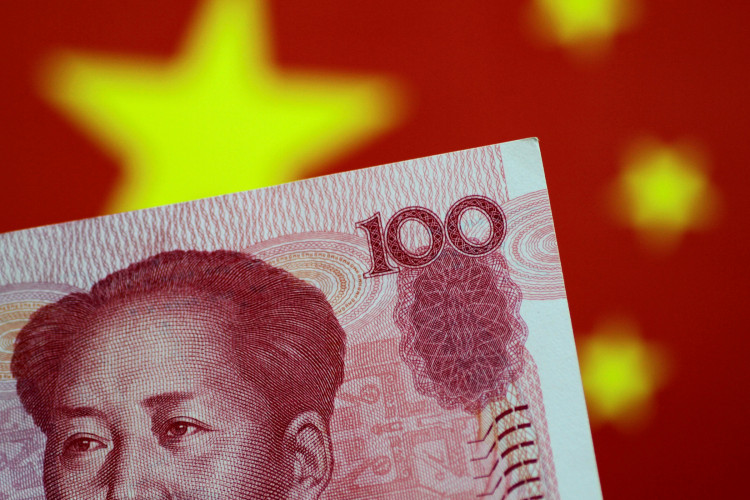As Beijing pushes for increased e-CNY use, a top central bank official was quoted by state media as saying on Sunday that China will fully respect privacy and secure personal information when utilizing the digital yuan.
According to Mu Changchun, director-general of the central bank's Digital Currency Research Institute, the limited anonymity of the digital yuan is a critical component that provides reasonable anonymous transactions.
The People's Bank of China (PBOC)'s Digital Currency Research Institute is a research team within China's central bank dedicated in part to launching the digital yuan-China's central bank digital currency (CBDC), also known as the e-CNY and formerly known as the "digital currency/electronic payments" (DCEP) project.
It was established in 2016 and is one of the most important sources of insight into the PBOC's efforts to become the first major central bank to issue a digital fiat currency. In 2017, the State Council approved a plan for the PBOC to develop the digital yuan in collaboration with major banks.
"On the other hand, it also prevents and combats illegal activities including money laundering, terrorist financing, and tax evasion, maintaining the need for financial security," Mu was quoted saying at a forum by Securities Times.
In terms of creating and releasing a central bank digital currency (CBDC), the People's Bank of China is in the lead. The e-CNY will be a traceable alternative to notes and coins.
To modernize their financial systems, ward off competition from cryptocurrencies like bitcoin, and speed up domestic and international transfers, several central banks are considering creating CBDCs. In comparison to its international competitors, China is currently well ahead in the field due to increased efforts to roll out its central bank's digital currency.
China's efforts are among the most advanced in the world, and in recent years, the nation has conducted numerous trials and pilot projects of various payment scenarios.
Mu said that anything that may be purchased using banknotes and coins can be done so using the e-CNY, the PBOC's digital counterpart of fiat currency. "Banknotes and coins can buy gold and convert foreign currency, so does the e-CNY," he said.
Free digital cash was issued by various localities in May to promote spending and aid businesses that had been impacted by pandemic bans. More e-CNY applications are anticipated in the future to increase transparency and the efficacy of governmental programs.
According to Richard Turrin, author of "Cashless: China's Digital Currency Revolution," China's emerging digital yuan is poised to threaten the dollar's dominance of international trade settlements in the next 10 years.






